Sneak peek: Nurturing emotional intelligence for kids is a goal for most parents. Research helps us find ways to model and foster kindness in our children
Emotional intelligence for kids has become a popular term in recent years, but what does it really mean? I think most of us want to raise a kind child who cares for and gets along well with others. I think this is probably a goal for all of us when we consider our children’s social-emotional development. Somehow, in the day-to-day routine of life, sometimes the kindness part of parenting gets lost.
“Hurry, put your shoes on, we have to go!” we prod
“Don’t yell at me!” we (ironically) yell at our kids
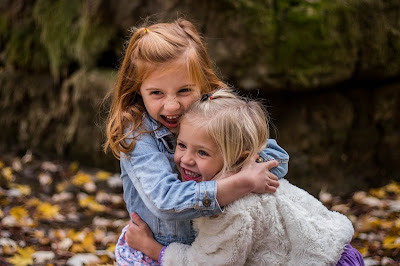
**This post contains affiliate links. Purchasing products through these links helps support this blog at no extra cost to you. Thanks!
I have realized that there are days when I am not a model of kindness to my kids. How are they to learn kindness and emotional intelligence without a good model?
National research backs up this experience. In a recent set of studies, Harvard University found that
– while 96% of parents put kindness at the top of the list of priorities to teach their kids,
– 81% of the kids said they felt their parents valued achievement over kindness
– more shocking: only 20% of kids said kindness was a top priority for them (most listed achievement or success more highly)
This is what we call the “rhetoric/reality” gap…in other words, we are talking the talk but not walking the walk.
When I first read this, I was shocked. But it did make me pause for a self-reflection too. Was I part of this “rhetoric/reality gap”? Did my kids know how much we value kindness?
Related reading: 7 Ways to Teach Your Child about Kindness
How Do You Teach a Child Emotional Intelligence?
1. Kids need a lot of repetition
My husband is the politeness/manners model in our family. This guy never fails to say “thank you” to waitresses, clerks, or anyone who helps us out. We have been working on this with our sons for years, and finally this year, my 8-year-old is mostly in the habit of saying “thank you” to helpers. Now, this is just a small thing, yes. This does not make him a model citizen in all ways. However, it shows us how much repetition and reminding it really takes for kids to learn kindness habits like this.
What you can do:
Instead of simply reminding your child, “What do we say” when given a gift, challenge them to consider what they love about the gift or help them think about how thoughtful that gift was (e.g, because grandma knew you loved Spiderman, she got you Spiderman pajamas).
At stores or restaurants, you can remind kids to say “thank you” to servers but also challenge your child to actually use the server’s name (if they can read name tags). How much more personal that “thank you” becomes when they use the person’s name!
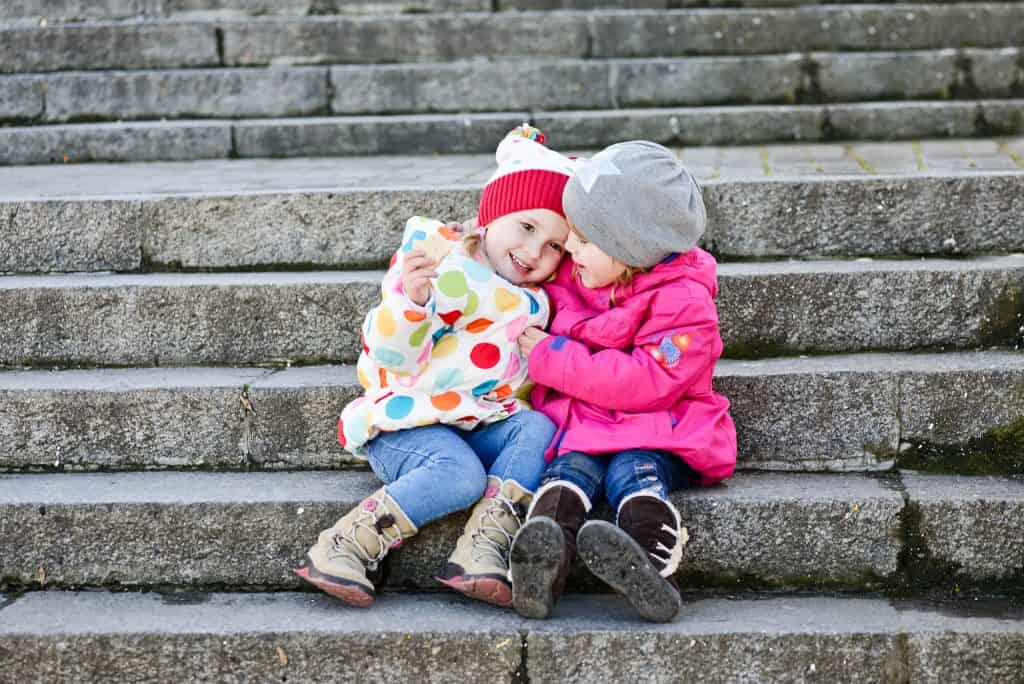
2. Reflecting on kind acts
Have you ever noticed a person who was particularly helpful or kind while you were out running errands? Maybe the crossing guard at school is cheery even though it’s 30 degrees outside. Or perhaps a teacher who was very helpful with a hard assignment. It has helped my sons see these acts of kindness if I make an effort to point them out. This really helps them see kindness in action. During certain times of the year like Valentine’s Day or Christmas, make a point to write cards or do thoughtful deeds for those “helpers” in your life.
What you can do:
Promoting emotional intelligence for kids can mean doing hands-on acts of service. Make some cookies together and take them to a local police station or firehouse as a way of thanking the first responders.
Encourage kids to write personal notes to teachers on teacher appreciation days.
3. Help them think outside their own box
At younger ages, kids are inherently self-centered. They don’t mean to be selfish; they just don’t have the brain maturity to consider another person’s point of view. As they reach elementary age and beyond, however, they gain the ability to empathize. As parents, we should capitalize on this time. If you see someone hurting or in need, point it out to your kids (if age-appropriate). Also, if they tell you about a difficult situation at school (e.g., kids being mean or teasing), consider helping them see how the victim feels in that situation. These discussions all help build emotional intelligence in children.
What you can do:
When watching movies or reading books, ask your children if the characters responded with kindness. Need ideas? Check out my list of books that foster kindness and emotional intelligence. If not, brainstorm ideas of how they could have reacted differently.
Play out potential scenarios at home. For example, what can you do if a classmate is being teased? How do you respond if someone teases you? What if a bunch of your friends are doing something you know is wrong? Thinking about these difficult situations before they happen can help kids respond more easily and hopefully with more kindness and empathy. These simple but intentional discussions can make all the difference in fostering emotional intelligence for kids.
Of course, the most direct way to raise a kind child is to be the best role model we can be. This can be done in everyday ways or in more intentional ways as well.
Emotional Intelligence Activities
Children need hands-on ways to learn kindness and empathy. Young children have limited attention spans, especially for “lessons” from mom and dad. Anything we can do to teach kindness and empathy in fun, hands-on ways will go much further than lectures.
A couple of years ago I learned about the Kindness Elves. They are pint-sized elves who help teach kids lessons about kindness by actually encouraging acts of kindness. Our kindness elf (Elfie) usually shows up at our house near Christmas.
Related Resources:



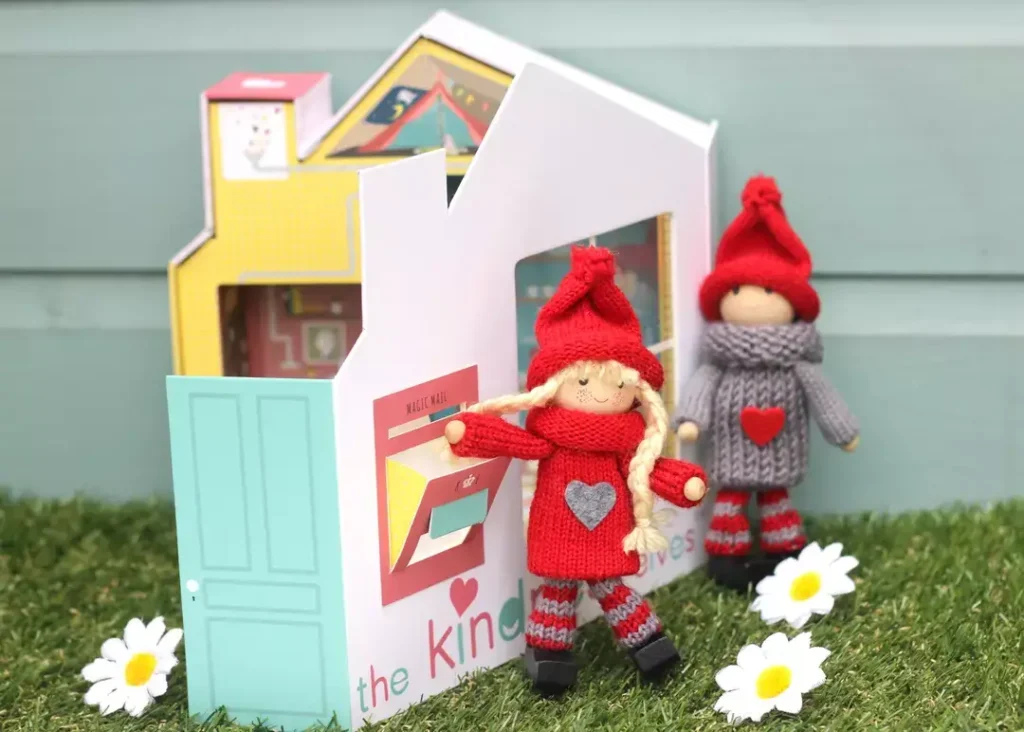
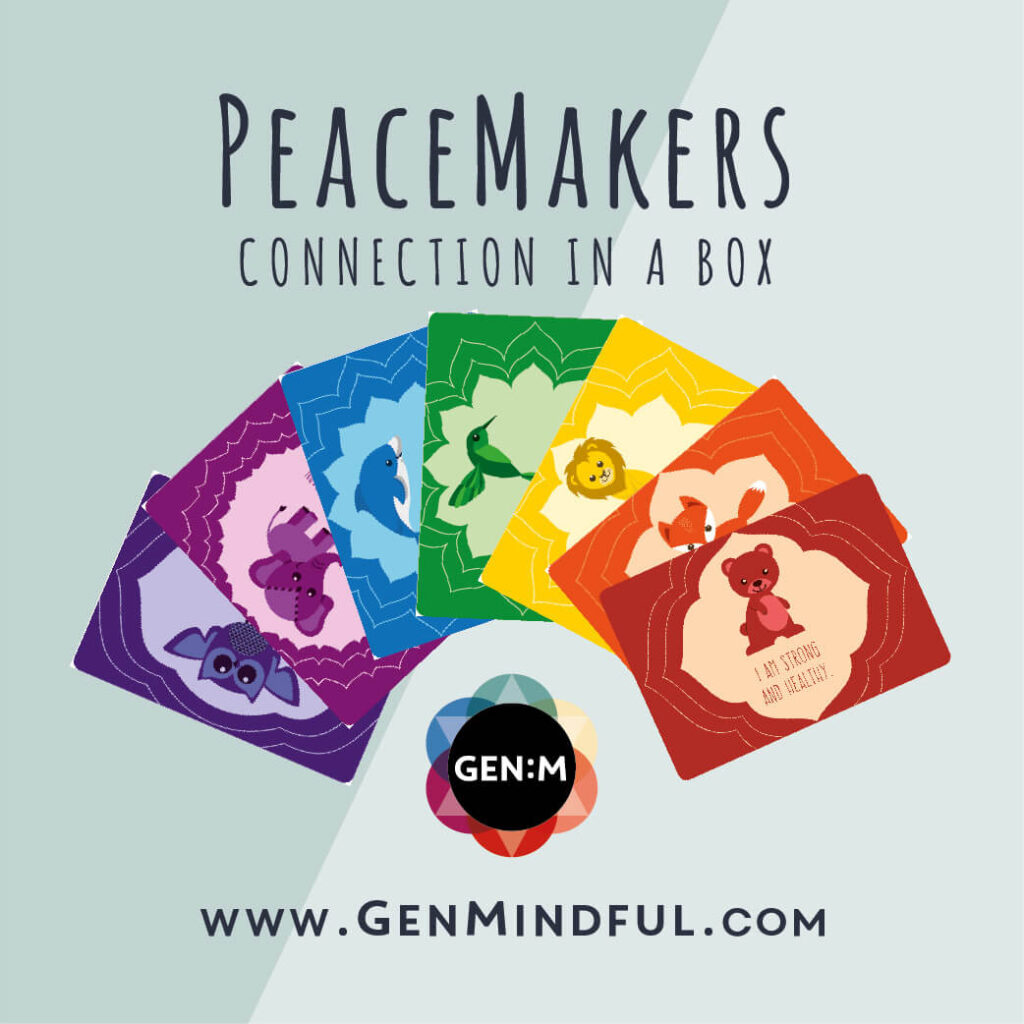
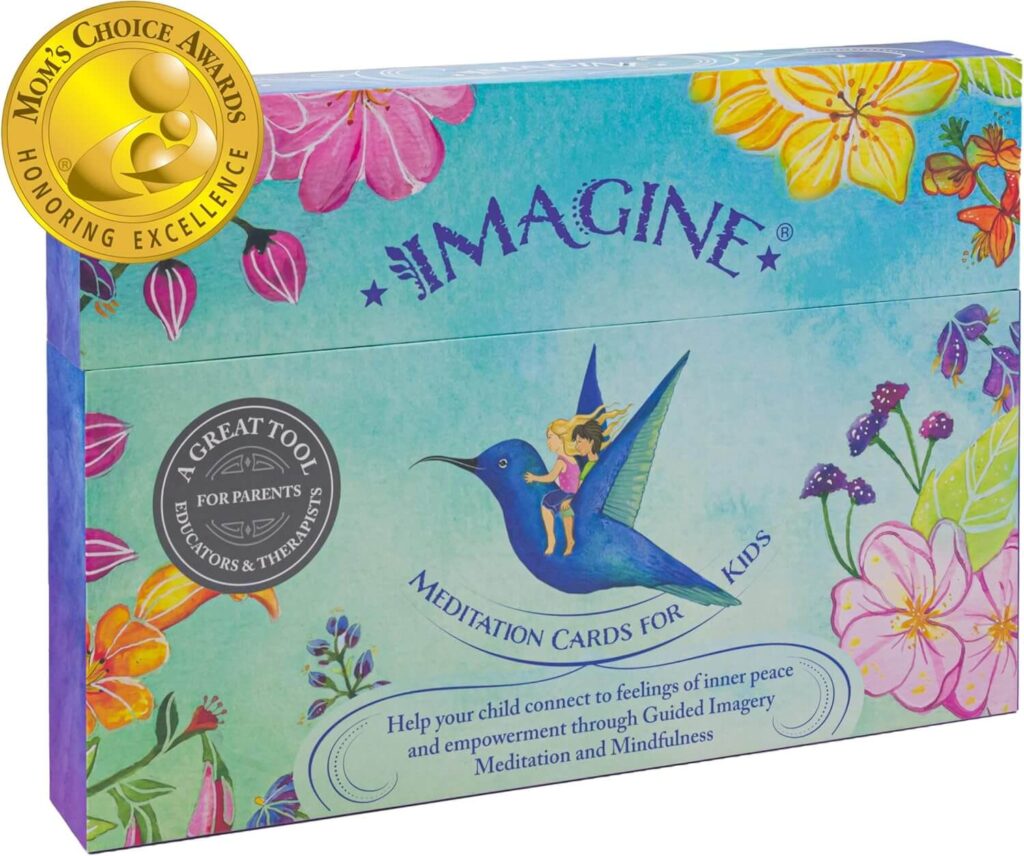
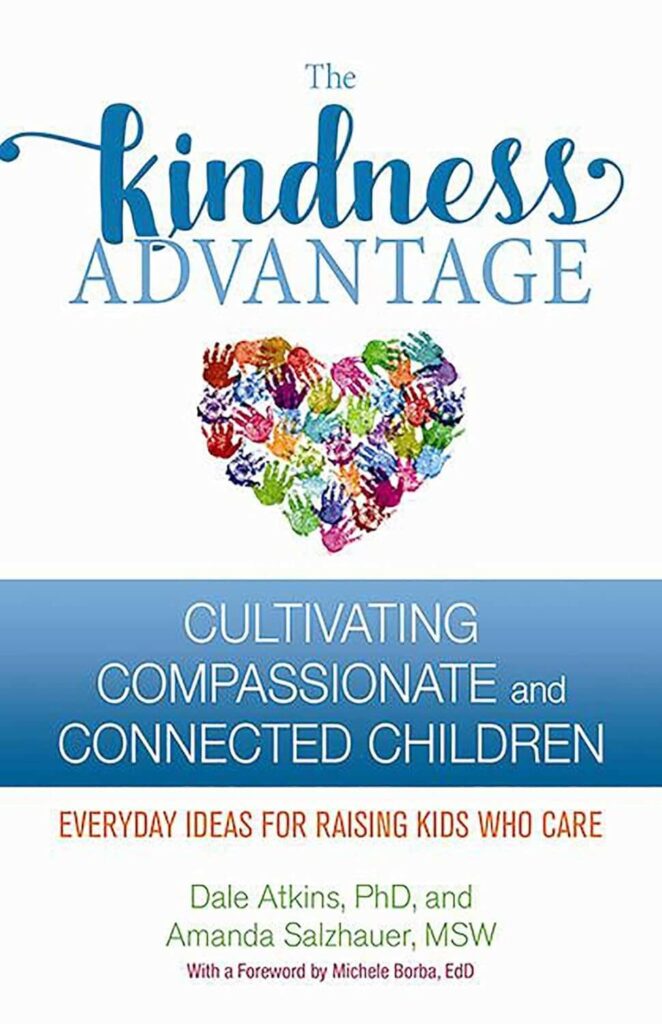
Leave a Reply